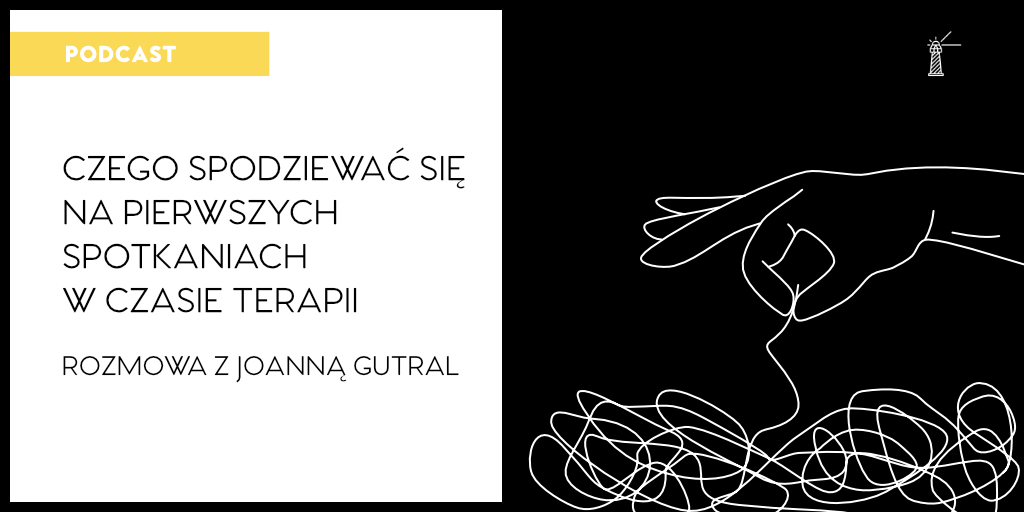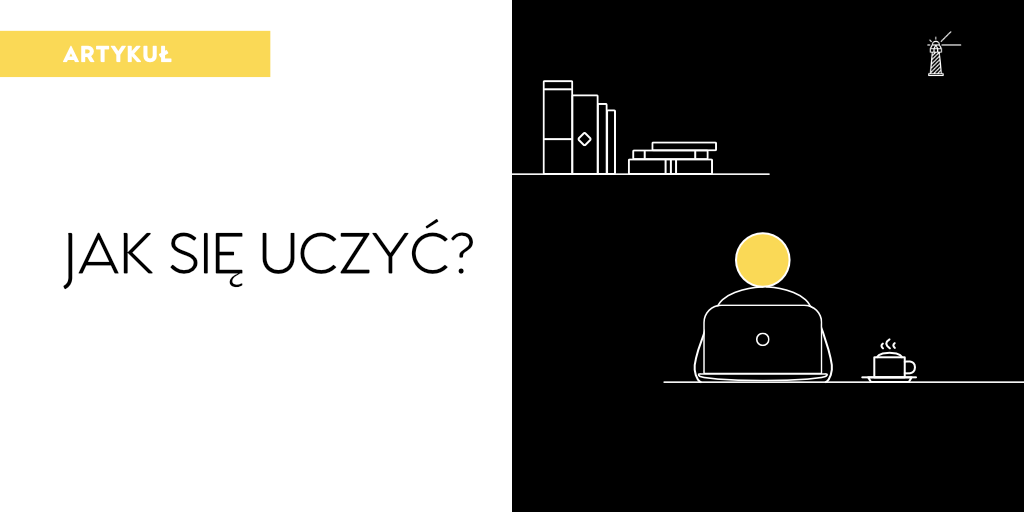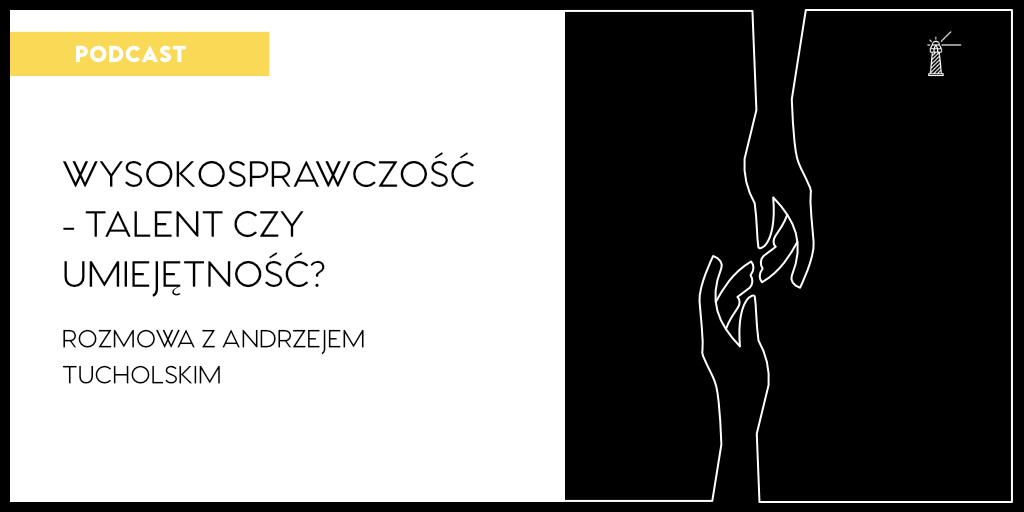

Empatia potrzebna od zaraz –powrót mam z „urlopu” macierzyńskiego i wychowawczego
Nie jestem mamą. Nie dotyczył mnie powrót do pracy z „urlopu” macierzyńskiego i wychowawczego. Kiedy moje dzieci były małe, wziąłem dwutygodniowy tacierzyński. Dlatego nie zamierzam udawać, że wiem, jak to jest być mamą w takiej sytuacji. Nie będzie to nawet artykuł podobny do innych, które tutaj tradycyjnie piszę – z poradami o produktywności bazującymi na moich własnych doświadczeniach. Myślę, że będzie to raczej felieton pisany z pozycji „pomiędzy”. Mam przyjaciółki i znajome, które są mamami wracającymi z „urlopów” macierzyńskich. Mam przyjaciół, znajomych i znajome prowadzących firmy, do których wracają mamy. Obserwuję wiele sytuacji, które wymagają empatii i bardzo dobrej komunikacji.



